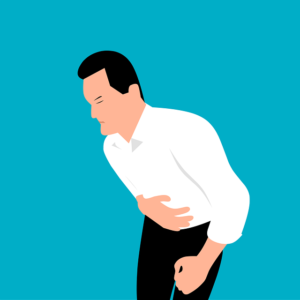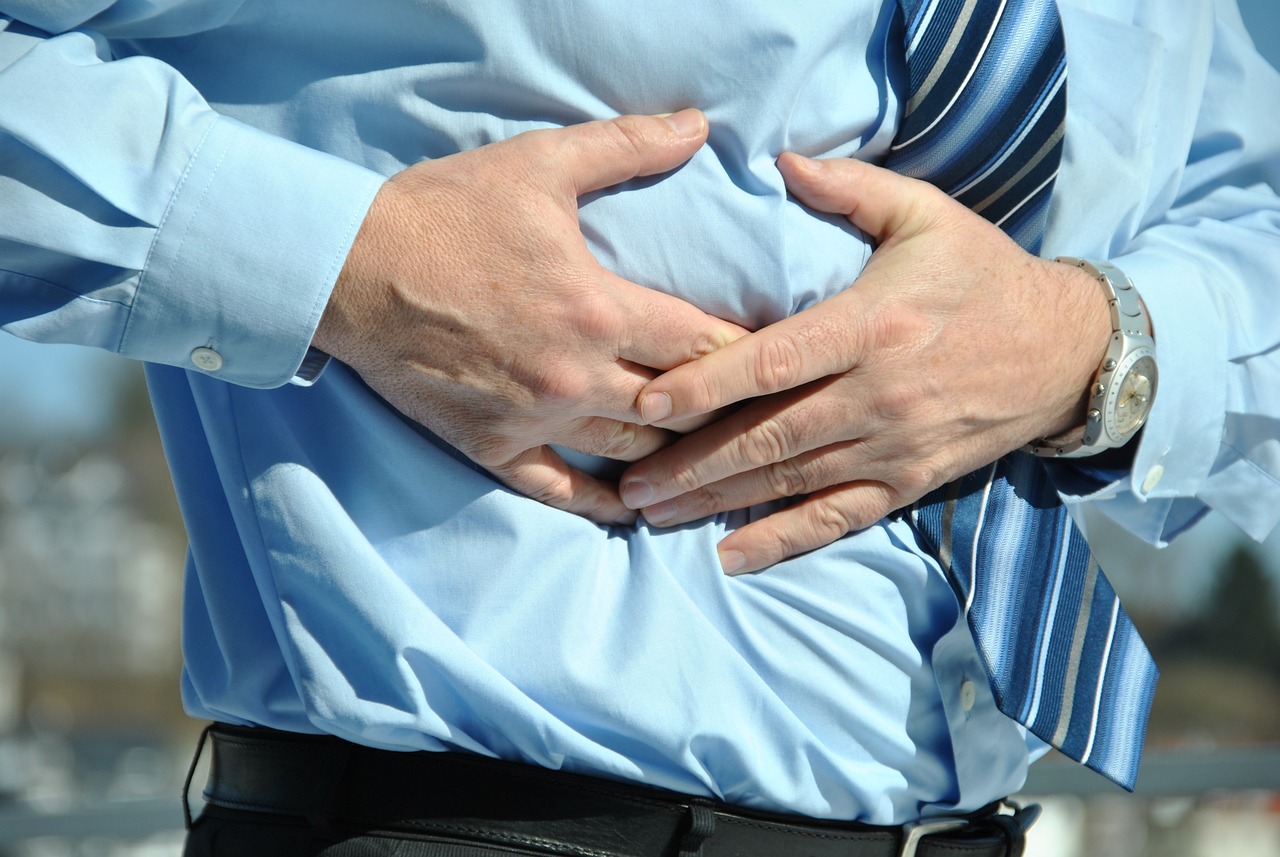Colon cleansing
Colon cleansing involves flushing the large intestine with liquid, typically before medical procedures. While some alternative medicine practitioners advocate it for removing toxins, there is no evidence to support its effectiveness.
The body already eliminates waste and bacteria effectively, so colon cleansing is not necessary for this purpose.

8 ways to cleanse the Colon naturally?
To clean your colon naturally, you can use a colon-cleansing product, get a colonic irrigation or enema, or try simple and safe home remedies.
Hydration
Drinking plenty of water and staying hydrated is important for digestion. Lukewarm water may aid digestion, but more research is needed. Water-rich foods like watermelons, tomatoes, lettuce, and celery can also support digestive health. Additionally, there are many foods that naturally help cleanse the colon through diet.
Saltwater flush
If you’re considering a salt water flush, it’s important to note that there’s limited scientific evidence supporting its effectiveness for colon cleansing. While some studies have shown positive results, it’s best to consult with your doctor before trying it. If you decide to proceed, mix 2 teaspoons of salt with lukewarm water on an empty stomach in the morning and evening. Be prepared to stay near a bathroom as you may need to go multiple times.
High fiber diet
Fiber is essential for a healthy diet and is found in whole plant foods like fruits, vegetables, grains, nuts, and seeds. It helps regulate bowel movements, supports gut bacteria, and promotes a healthy colon. Be sure to eat plenty of high fiber foods for these benefits.
Juices and smoothies
Juices, including fruit and vegetable juices, are popular colon cleansers. However, there isn’t enough research on their benefits for the colon, and some studies point out potential risks. Despite this, moderate intake of juices and juicing can be beneficial as they contain fiber and nutrients that aid digestion and help with hydration and regularity. Additionally, eating fruit can improve gut health and reduce constipation.
Juice fast
Juice fasts and cleanses often include popular juices like apple, lemon, and vegetable juices. However, smoothies may be more beneficial for colon and overall health due to their higher fiber content. Juices have less fiber because pulp and skins are removed during juicing. A 2017 study found that a fruit or vegetable diet for three days was linked to weight loss, but more research is needed to confirm these findings.
More resistant starches
Resistant starches, found in plant foods like potatoes, rice, legumes, green bananas, and grains, promote a healthy colon by boosting gut microflora. However, they are found in carbohydrates. If you’re following a low carb diet, opt for options that cause fewer blood sugar spikes, such as whole wheat, green bananas, or lentils. Including these in your diet, like fiber, can be great for cleansing the colon.
Probiotics
To cleanse your colon, add probiotics to your diet by taking probiotic supplements and eating probiotic-rich foods like yogurt, kimchi, and pickles. Probiotics introduce good bacteria to the gut, which helps curb inflammation and promote regularity. Apple cider vinegar is also considered a probiotic and can be included in colon cleanses.
Herbal teas
Herbal teas can aid digestive health and relieve constipation. Laxative herbs like psyllium, aloe vera, marshmallow root, and slippery elm can help with constipation, but it’s important to consult a doctor and follow directions closely. Other herbs like ginger, garlic, and cayenne pepper contain antimicrobial properties that may suppress bad bacteria, although more research is needed.
What should you know before doing a natural colon cleanse?
Interested in natural colon cleanses? Doing one at home is usually safe, but combining them with fasting or using them more often can be risky. If you have high blood pressure and need to keep your sodium intake low, avoid salt water flushes.
Colon cleanse side effects
Side effects or complications of colon cleanse may include:
- infection
- inflammation in the colon or bowels
- dehydration
- electrolyte imbalances
Stop your cleanse immediately and consult your doctor if you experience symptoms that could lead to heart failure or digestive damage.
Overuse of enemas or colon cleanses can lead to chronic constipation or bowel injury. Before making major changes to your diet for colon health, including consuming more fiber, resistant starches, juices, or smoothies, consult your doctor.
Be cautious when using herbal teas for a colon cleanse, as some herbs can interfere with medications and overuse of laxatives can result in chronic constipation.
If you have a chronic illness, consult your doctor before attempting a natural colon cleanse at home. Colon cleanses are not suitable for everyone.




